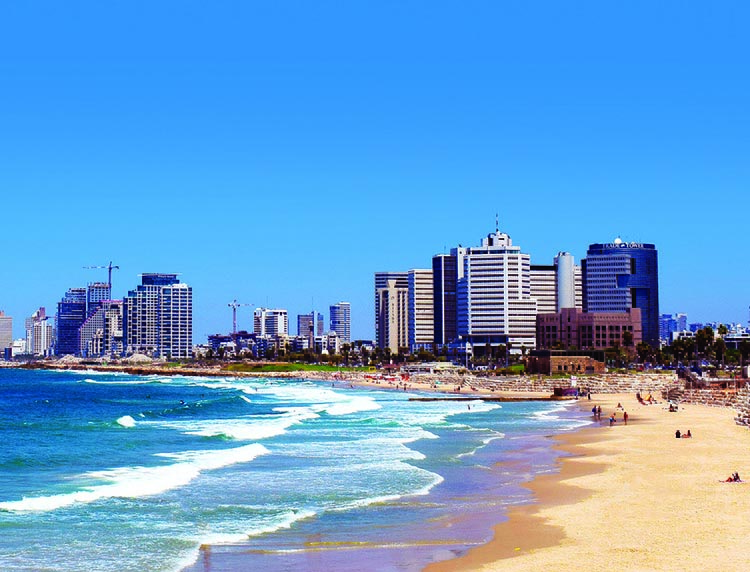How maximising annual leave can help improve work-life balance in 2020

2 in 5 Brits took just half of their annual leave last year, with only 13% taking a mere 20% of what they were entitled to.
The UK has a long way to go before perfecting the perfect work-life balance, as research reveals Brits work some of longest hours in Europe, with a quarter working more than 40 hours a week.
However, many people are already looking to plan their annual leave for the new year in order to spend more time out of the office.
Planning ahead and strategically booking annual leave around the Bank Holidays, can help maximise your leave, and if done right can potentially even double it, according to Instant Offices:
How to Maximise Your Holiday Leave in 2020
December 2019/January 2020
Bank Holidays:
- Wednesday 25 December: Christmas Day
- Thursday 26 December: Boxing Day
- Wednesday 1 January: New Year’s Day
Take a 14-day holiday by booking 7 days off (23 Dec – 5 Jan)
April 2020
Bank Holidays:
- Friday 10 April: Good Friday
- Monday 13 April: Easter Monday
Take a 11-day holiday by booking 5 days off (9 Apr – 19 Apr)
May 2020
Bank Holidays:
- Friday 8 May: VE Day
- Monday 25 May: Spring bank holiday
Take an 18-day holiday by booking 10 days off (8 May – 25 May)
August/September 2020
Bank Holidays:
Monday 31 August: Summer Bank Holiday
Take a 9-day holiday by booking 4 days off (29 Aug – 6 Sept)
Total: 52 days of annual leave for just 26 days booked off.
The Benefits of Mid-Year Breaks for a healthy work-life balance:
Working Smarter, Not Harder
Excessive working can have a negative impact on performance and productivity, with employees being overworked and feeling undervalued. At this stage, it’s easy to fall into the habit of ‘always working’ rather than ‘working smart’, and when this happens it’s imperative to switch off from work to reset, unwind and spend time with loved ones.
Not only does this help relax your mind and improve overall happiness, but also renew your creative focus.
Avoid Burnout
‘Burnout’ has been the buzzword of 2019 when it comes to mental health in the workplace and will likely continue to be at a key consideration for both employees and employers in 2020.
Feeling exhausted, anxious, disengaged, cynical and even excessively critical of yourself at work are all signs of career burnout, however this is entirely preventable. Before reaching this extreme point in your career, identify signs of burnout and strategically taking leave to focus on physical and mental health.
Reset Your Work-Life Balance
According to a survey by PaymentSense, 38% of workers across the UK say they worry about work being completed while on annual leave, and 59% admitted their work negatively impacts day-to-day life. As modern families are spending less time together, setting clear boundaries so that work stress doesn’t spill over into everyday life can be difficult, but it’s imperative to push the off button and take a step back to focus on the things that really matter – travel, spending time with loved ones, improving yourself, helping others and generally just resting.
Increase Your Value at Work
Some companies place value in the ‘first to come in, last to leave’ style of working from their employees but, in truth, this culture only leads to burnout and reduced productivity over time. Rather than being the person who spends the most time at work, focus on being the person who brings the most value to each task by being sharp, thoughtful and enthusiastic.










Responses